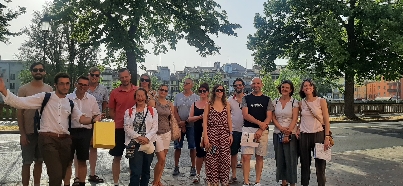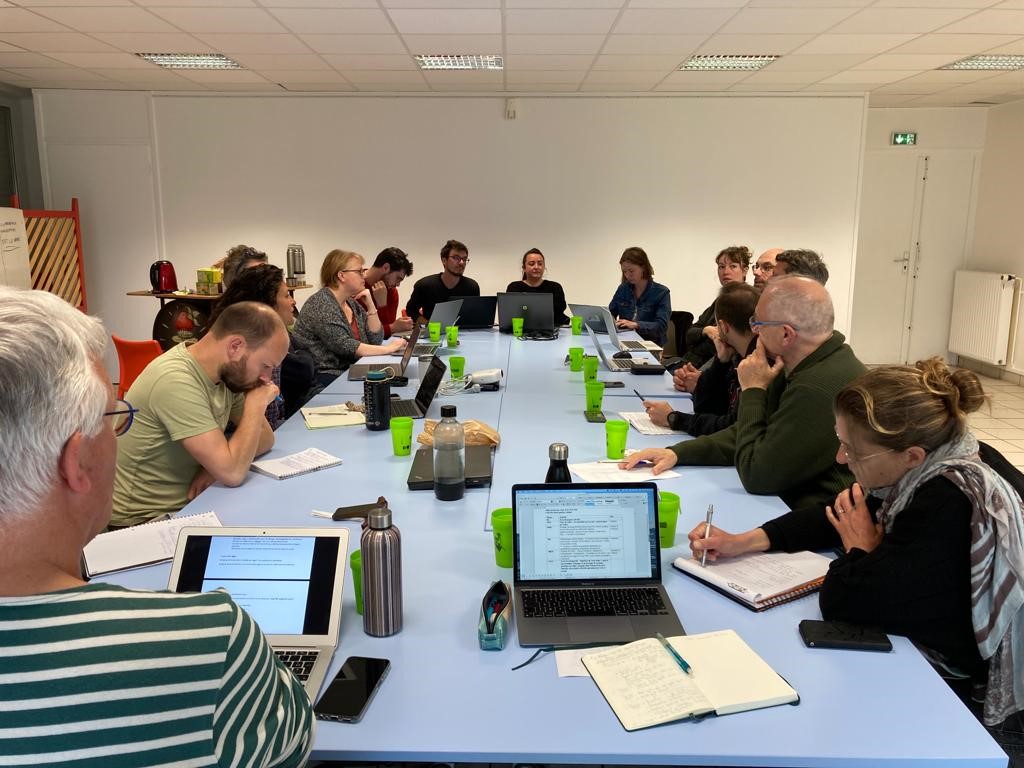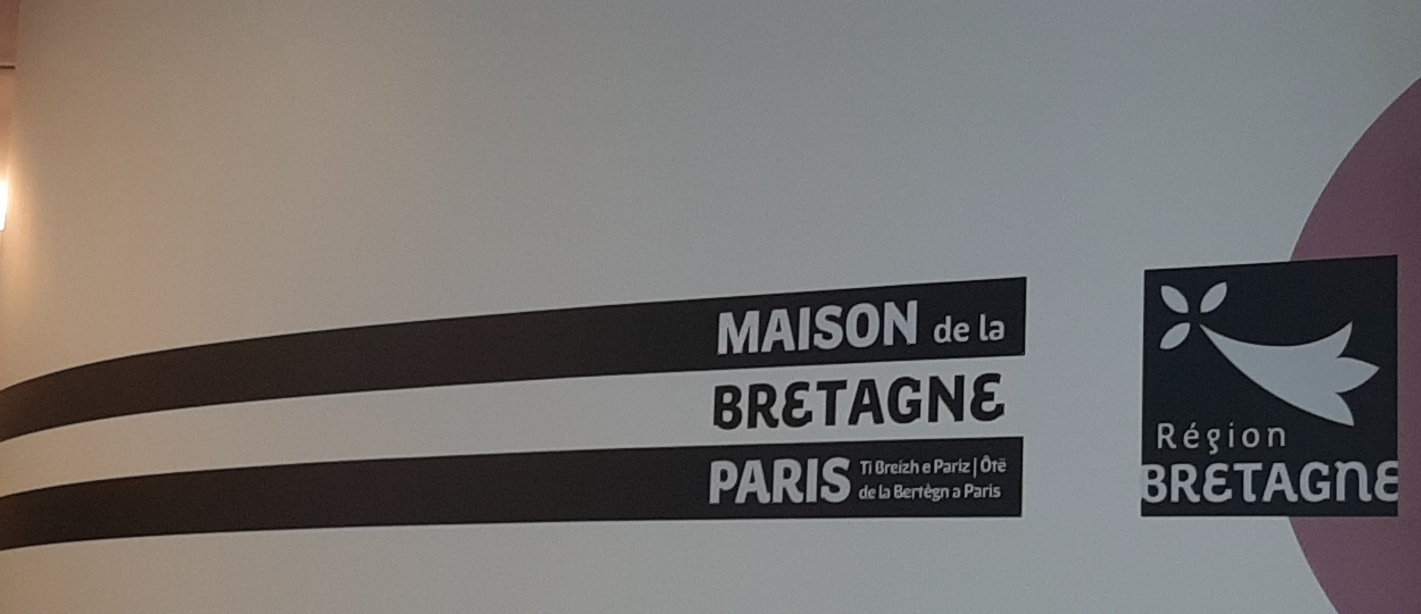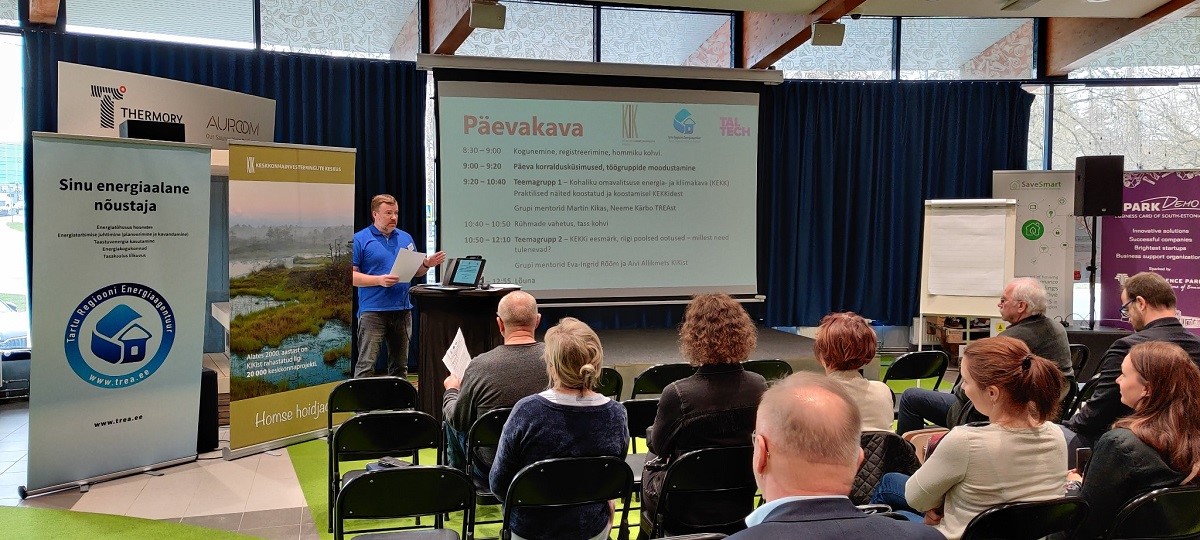The regional action plan should contribute to an improvement in a key policy tool - the city document for sustainable energy and the climate, “City of Ostrava Sustainable Energy and Climate Action Plan 2030 – SECAP”, which the City of Ostrava undertook to comply with by becoming a member of the Covenant of Mayors. This strategic document (policy tool) was approved in February 2022 by the City of Ostrava assembly.
The activities under the POTEnT Regional Action Plan will lead to the introduction of more efficient management of energy consumption; there will also be verification of the benefit of specific green energy projects, which will contribute to better achievement of climate goals, as set in SECAP (2030).
The City of Ostrava is facing a problem where, on the one hand, it is necessary to develop the city and its infrastructure and on the other there are shortcomings concerning the capacity of electricity connection lines. In addition to this, the City of Ostrava is affected by the reduction in the number of energy traders, both as a consequence of higher energy prices and due to the influence of the emphasis placed on reducing CO2 production into the atmosphere. These are all reasons that are leading Ostrava towards an innovative approach to energy management and to wider cooperation with local partners in this area.
Two actions are included in the RAP to achieve these goals:
- ENERGY MANAGEMENT AND INTRODUCTION OF “SMART ENERGY” TOOLS: key aspect of this action is an introduction of basic energy management tools at the level of City of Ostrava, both organizational and technical. Primarily, it is about adjusting the processes in the city by establishing an expert working group dealing with active energy management. Primary activities of the group will include evaluating energy consumption data, assessing the effectiveness of measures taken and proposing energy-saving measures. Second activity necessary for active energy management is an investment in a software platform that will provide the necessary functionalities for the management and monitoring of energy policy within the city and its established organizations under the self-governing competence of City of Ostrava.
The main objective of the measure is to set up an information base and expert tools to enable strategic planning of energy projects, as well as continuous monitoring and demonstration of successfully applied measures to reduce energy consumption and carbon footprint of the city in order to meet the SECAP objectives (policy tool). The measure is in line with SECAP 2030 policy instrument, where it is proposed to start with conceptual design of software solution in the first phase, which will be followed by gradual implementation.
- REALISATION OF THE PRODUCTION OF ELECTRICITY FROM PHOTOVOLTAIC PANELS IN SELECTED BUILDINGS IN THE CITY OF OSTRAVA: The aim of this measure is to verify in practice a pilot solution in the field of electricity production from renewable sources on the territory of the City of Ostrava. Before pilot implementation, a study is being prepared to examine the suitability, efficiency and economics of implementing this type of investment on selected buildings owned by the City of Ostrava. These buildings are selected with an emphasis on year-round and all-day operation and with regard to spatial conditions. The study examines possibilities and methods of implementation, individual performance parameters of the possible solution, the basic settings in terms of achieving the highest possible effect in the given conditions and it also evaluates the return on investment and therefore the meaningfulness of the investment also at the level of socio-economic quantifiable and non-quantifiable benefits. There will also be intensive communication with the executive management of the selected facilities - homes for the elderly, long-term care facilities and the municipal hospital. This pilot (and demonstration) project will help to increase interest in the use of photovoltaics in the city's energy management and will create the preconditions (once the legislative barriers are overcome) for the implementation of community energy and for a more massive production of green electricity in the city, which will help to reduce the carbon footprint and thus better implement the city's policy instrument SECAP (2030).







